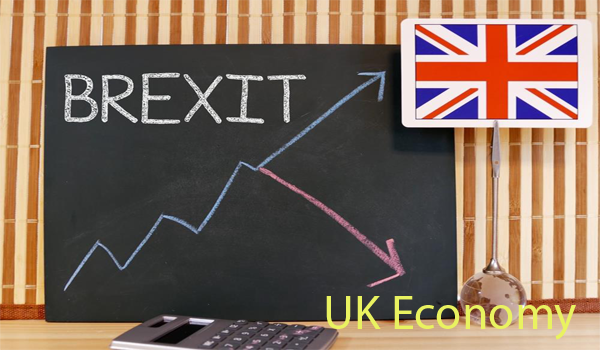The UK economy is slowing down amid uncertainty about Britain’s position in the European Union. Brexit is having a negative effect on UK growth while the rest of the world appears to be doing well. The immediate aftermath of last year’s unexpected vote to leave the EU was a period of ‘no change.’ However, things seemed to slow down as 2017 progressed.

Disagreements within the UK cabinet did nothing to bolster business confidence, and there had been a general slowing down of everything. Confidence in a quick negotiation for Britain’s exit strategy fell, general Brexit progressed slowed to a crawl and Britain’s economy has recently also been slowing down. The two major political parties are in disagreement over the terms of negotiation, leading to confusion over the UK’s strategy.
The Labour Party is now suggesting that the UK should remain in a free market with Europe, and sacrifice border control to achieve that. It also believes that UK law should remain within the direct control of the European Court of Justice. These are two of the main reasons for many people voting to leave, so these policies would not be popular with most voters.
The UK is experiencing a widening negative balance of trade and the manufacturing industries have been gradually slowing down. It has taken a long time for Britain to get to the negotiating table with any solid exit proposals. The Brexit vote appeared to surprise everyone, and it appears as though politicians had no idea how to proceed. The Labour Party appears to have adopted an opposing view to each of the Conservative proposals.
Business is unsure of the future, and many financial institutions have been making plans to relocate. This is to ensure that they have a presence within the EU irrespective of whether the UK remains in our out of any trade agreement. It seems as though most politicians want the benefits of a borderless trade agreement without being part of the European Union.
So what next for Britain? A decision is needed soon on how Westminster will negotiate an agreement with Brussels that is acceptable to both. Failure to reach such an agreement will inevitably lead to serious economic issues, both for the UK and for the EU. The two rely on each other in many ways, both economically and politically.